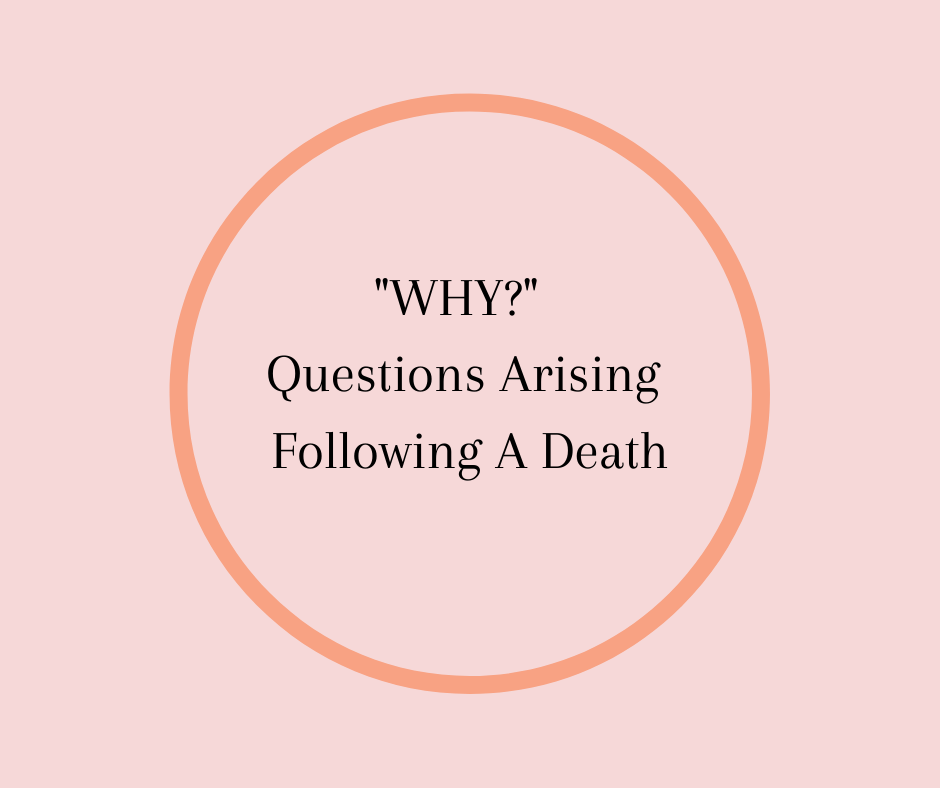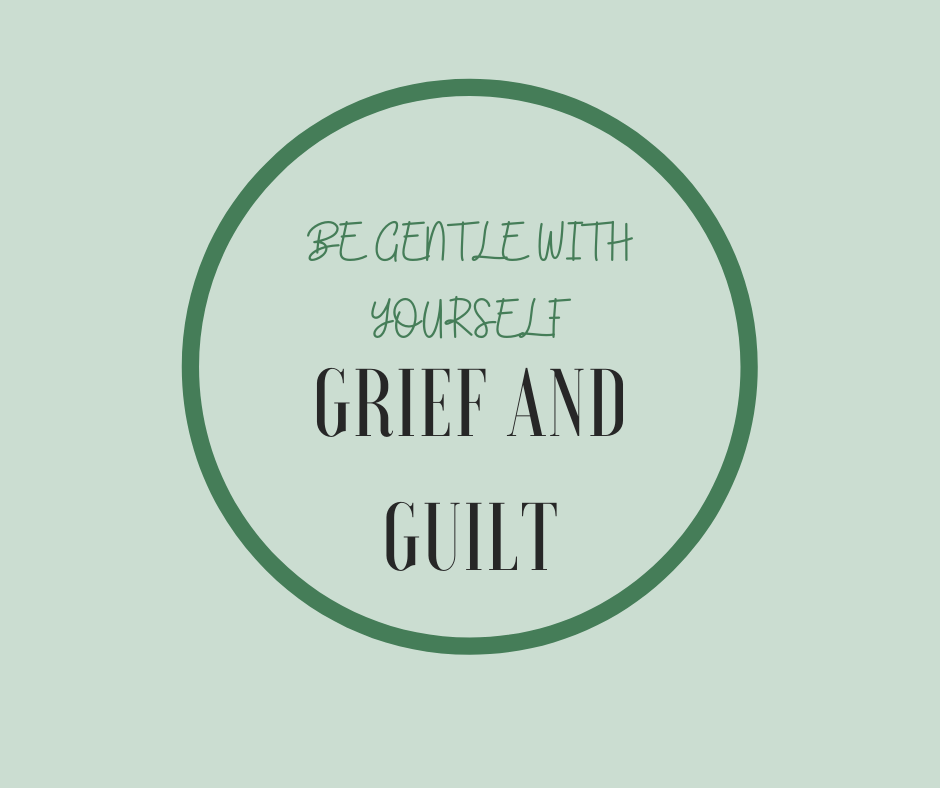Dear Barbara, should we tell someone they are dying? How do we do it correctly? I feel I need to tell mom because I need her to know for my own self.
I don’t know that there is a “correct” way to tell someone they are dying. I can offer you some things to think about.
First, we live in our bodies. We know when it is seriously not doing well. We know on some level (a level we may not want to consciously admit) that we are probably not going to get better. All these thoughts go on inside of us, we may not share them with others. Add a physician that is not open about the eventual outcome of the illness --death-- and that lends confusion to our inner thoughts. It adds hope to our inner knowledge but threatens that inner voice that so often guides us.
People say not telling a person that they can’t be fixed is taking away their hope. I say that not telling a person they can’t be fixed is taking away their opportunity to do and say that which is important to them. It is taking away their ability to make decisions based on knowledge of how their life will proceed. It also confuses them in that internally they sense they are not going to get better yet everyone is acting as if they are. This creates isolation and game playing at a time when what is really healing and helpful is openness, closeness, and honesty.
No one knows how long someone has to live. No one can put a number on how long someone’s life will be based on their disease process. We can however determine that no matter how much treatment is offered and given the disease is what a person will eventually die from. When death will actually occur is basically indeterminable. We in the medical profession cannot be so specific as to put actual numbers on how long someone has to live. The closest we can get is months, weeks, days or hours. There are just too many dynamics involved with a personality and the dying process.
I do believe a person should be told by their physician that they can’t be fixed, that their disease will progress to the point of death. If the physician has told the family and not the patient (which should not happen but does) then yes, I believe that someone should tell. This is not a time for secrets.
How do you do this? Gently and honestly. “Mom, this is hard to talk about but we need to be open with each other. The doctors are probably not going to be able to fix this. We don’t know how long but this is probably as good as your body is going to be. What can we do for you now. How can we make this time we have together the best it can be.” From this beginning conversation can come many more conversations. Conversations about fear, about family, about love, about regrets, about the infamous bucket list. Many doors can be opened when honesty is offered. The game playing often stops and a real closeness can be built (the best relationship I had with my mother was built during the last 5 months of her life).
We are often afraid of the truth. Everyone dies yet it seems so unnatural when it is our turn or someone close to us’ turn. So unnatural that we want to close our eyes and avoid its uncomfortableness. If we can push through that barrier we will find a gift, a gift of time. The opportunity to do and say that which we may have never said or done because we thought we had tomorrow.
Something More about Telling Someone They're Dying...
I would offer your mother my book, A TIME TO LIVE, Living with a Life-Threatening Illness. It will help her decide how she wants to live the fullest during this gift of time. It offers guidance for living and explains comfort control, nutrition, sleep, pain medications, overdosing and addiction possibilities as they relate to a serious illnesses as well as the fear of death that we all bring to this final experience.








15 comments